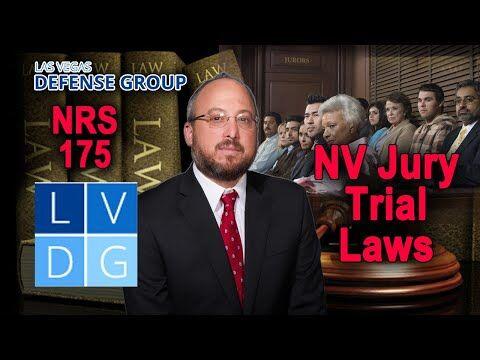Las Vegas Juror Refutes Claims of Discussing “Keffe D” Trial Outside Courtroom
Juror Denies Outside Conversations Amidst High-Profile “Keffe D” Trial
A juror from the widely followed Las Vegas trial concerning the “Keffe D” altercation has publicly dismissed allegations that case-related discussions took place beyond the courtroom setting. In a statement issued Tuesday, the juror firmly asserted that “no one engaged in conversations about the case during breaks.” This declaration challenges circulating rumors suggesting that jurors may have compromised the trial’s impartiality by discussing the matter informally.The juror emphasized strict adherence to courtroom protocols, underscoring the commitment to maintaining the trial’s integrity despite the intense media spotlight.
Highlights from the juror’s clarification include:
- Complete absence of case-related dialog during recesses.
- Unwavering commitment to confidentiality throughout the trial.
- Deliberations focused exclusively on evidence presented in court.
- Dismissal of any claims about off-the-record discussions as baseless speculation.
These points reinforce the dedication of jurors to uphold legal standards in a case that has drawn significant public and media scrutiny.
Understanding Juror Conduct and Confidentiality in High-Profile Legal Proceedings
Jurors in prominent trials often face heightened public attention and legal pressures, making confidentiality a cornerstone of their responsibilities. The recent “Keffe D” case in Las Vegas exemplifies how jurors strive to separate their civic duties from external distractions, ensuring that verdicts are grounded solely in courtroom evidence. This separation is critical to safeguarding the fairness and credibility of the judicial process.
Standard juror guidelines in such sensitive cases typically include:
- Refraining from discussing case details with anyone outside the courtroom, including family and friends.
- Abstaining from social media activity that could reveal opinions or details about the trial.
- Promptly notifying the court of any attempts to influence or contact jurors regarding the case.
- Concentrating exclusively on the testimony and evidence presented during the trial.
| Juror Obligation | Objective |
|---|---|
| Confidentiality | Preserve the trial’s integrity |
| Neutrality | Deliver unbiased judgments |
| Impartiality | Base decisions solely on evidence |
| Compliance | Follow court directives |
Expert Perspectives on Juror Communication Rules and Their Enforcement
Legal authorities stress the critical nature of regulating juror interactions to prevent any undue influence on trial outcomes. Even seemingly casual conversations outside official proceedings can jeopardize the fairness of a case.Experts highlight the challenges prosecutors and defense teams encounter when allegations arise about jurors discussing the case during breaks or recesses.
Analysis from legal professionals reveals:
- Jurors are bound by confidentiality agreements signed prior to service.
- Judges provide explicit instructions outlining prohibited communications.
- Violations can lead to consequences ranging from warnings to mistrials.
- Courts exercise discretion in assessing whether off-record discussions affect trial fairness.
| Policy Aspect | Legal Expert Insight |
|---|---|
| Juror Communication | Must be tightly regulated to prevent bias |
| Enforcement | Varies widely by jurisdiction |
| Penalties | Range from admonishments to case dismissal |
Guidelines for Jurors to Uphold Fairness in Sensitive Criminal Trials
Jurors play a vital role in delivering justice, particularly in cases that attract significant public interest and sensitive subject matter. Maintaining impartiality outside the courtroom is crucial to ensuring a fair trial. Jurors should avoid discussing any trial-related topics, including incidents involving defendants or witnesses, to protect the verdict’s legitimacy. Additionally, refraining from seeking external information through news outlets or social media helps prevent bias.
Recommended practices for jurors include:
- Strict Confidentiality: Avoid sharing trial details with anyone outside the jury.
- Evidence-Based Focus: Make decisions solely on courtroom evidence, disregarding rumors.
- Careful Social Media Conduct: Steer clear of engaging with trial-related content online.
- Obvious Communication: Report any concerns about outside interference to court officials immediately.
| Practice | Purpose |
|---|---|
| Isolation from Case Discussions | Reduces risk of bias |
| No Independent Research | Ensures reliance on verified facts |
| Adherence to Jury Instructions | Maintains consistent legal standards |
| Engagement with Court | Clarifies doubts professionally |
Conclusion: Upholding Judicial Integrity Amidst Public Scrutiny
As the “Keffe D” trial progresses, the juror’s firm denial of any off-the-record discussions highlights the court’s dedication to impartiality and the preservation of judicial integrity. Both defense and prosecution teams remain vigilant in monitoring jury conduct to guarantee that the final verdict is based exclusively on evidence presented in court. Observers anticipate further developments in this high-profile case in the near future.
